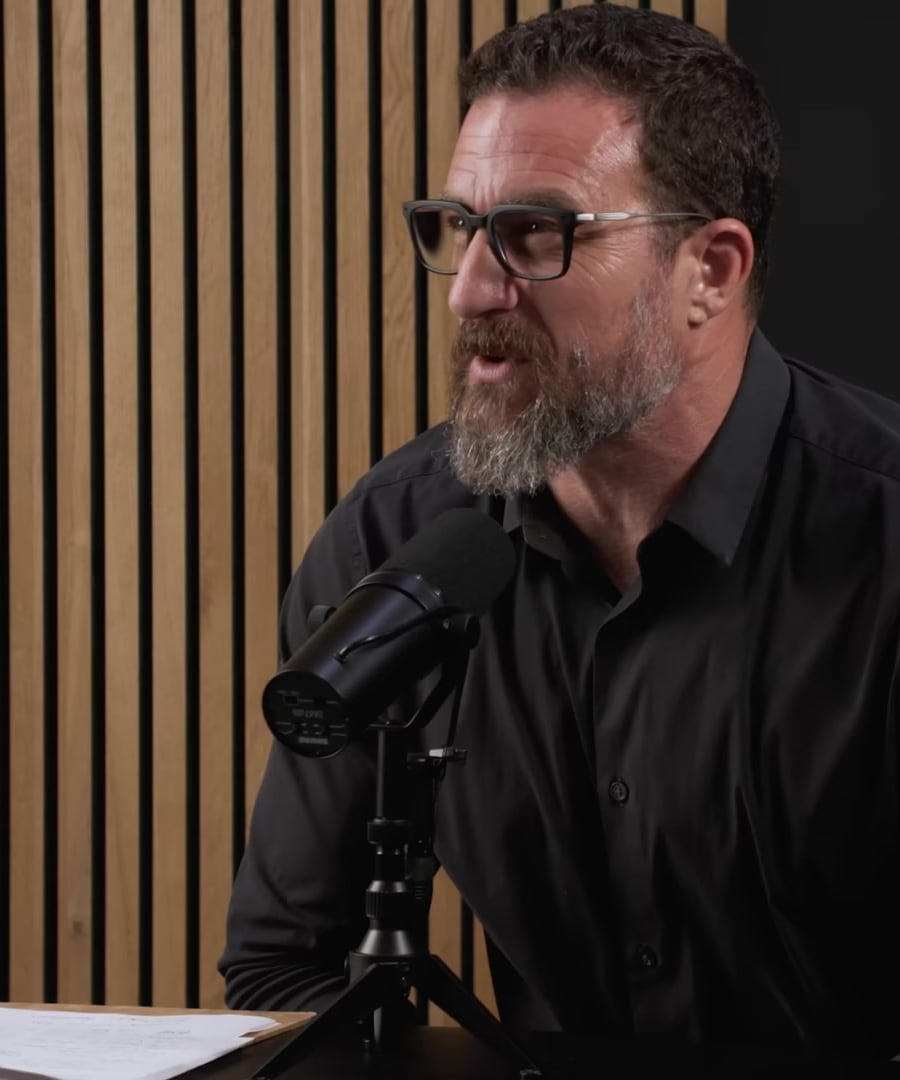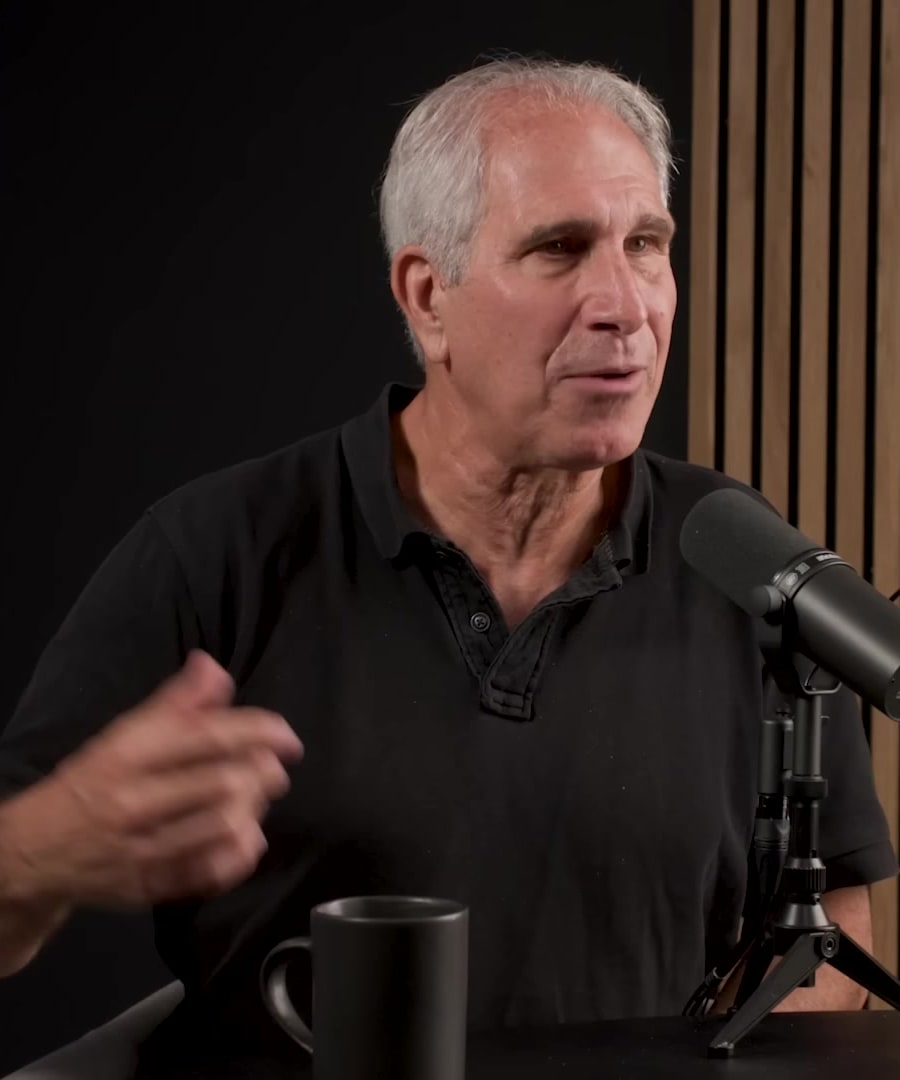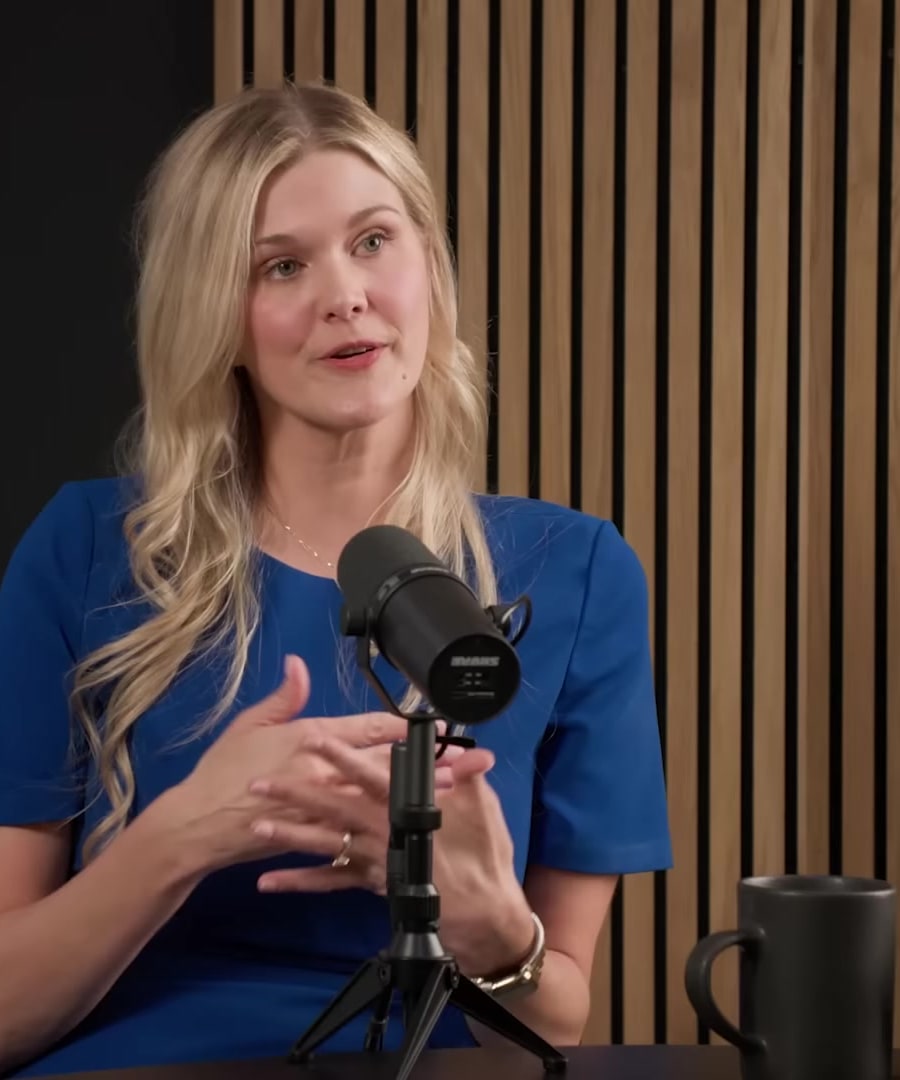How does social media impact isolation?
Sources:
Social media has contributed significantly to feelings of isolation, despite its purpose to connect people. and his guests have discussed various aspects of how social media impacts our social dynamics and sense of belonging.
-
Changed Communication Dynamics: Social media has altered the nature of our interactions. The lack of non-verbal cues and physical presence can lead to more hurtful communication, as people may be less inhibited when they are not face-to-face. This distancing can negatively impact self-esteem as one compares oneself to the often idealized presentations of others on these platforms 1.
-
Social Media and Loneliness: Despite the prevalence of social media and digital communication, people, including teenagers, report feeling lonelier than ever. It raises questions about the effectiveness of digital interactions in mitigating loneliness compared to direct human contact 2.
-
Social Homeostasis: Social interactions are compared to caloric intake; they're a biological need, and the lack thereof can lead to a feeling of deficit similar to hunger. This can impact people's well-being, particularly in times of forced isolation such as during the COVID-19 pandemic 3.
-
Social Media's Psychological Effects: There's a contrast between the immediate and invested nature of a voice call versus the passive and fleeting interactions on social media. Social media can create a sense of relative loss, exposing individuals to things they never knew they were missing, which can lead to a sense of exclusion or missing out 4.
-
Neurobiological Impacts: Social media activates reward circuitry but not to the same degree as more direct forms of reward such as food or personal interactions. This can potentially build an expectation or craving for recognition from others, exploiting primitive neurobiological mechanisms 5.
-
Craving for Dopamine: When people are socially isolated, they may seek dopamine release through increased food consumption. This indicates a shared circuitry between the craving of social interaction and eating, which could explain why social isolation might lead to changes in eating habits 6.
-
Youth Rebellion Potential: There's discussion about whether there may be a youth-led rebellion against technology-induced social isolation, similar to the past rebellions against other public health concerns like smoking. This could highlight the importance of human connection beyond the digital realm and may become an avenue for overcoming the negative effects of social media 7.
-
Impact on Mental Health: Reducing time on social media can help in decluttering one's consciousness and promoting better mental health. While social media can provide valuable anonymous feedback, it also has the potential to distract individuals from more productive endeavors and trigger stress responses, like activation of the amygdala 8.
These discussions reinforce the complex nature of social media's impact on isolation, suggesting it has both negative and positive aspects that need careful navigation.
RELATED QUESTIONS-
What are some strategies for digital detox to combat isolation from social media?
It appears there's no direct discussion on strategies for digital detox to combat isolation specifically related to social media in the data at this moment. However, in general conversations, has discussed methods and insights into improving our relationship with technology and social media that might prove useful in a digital detox approach. These can include:
-
Set Time Limits: Allocating specific times of the day to check social media can prevent the constant interruption and the sense of being always 'on'.
-
Intentional Use: Engage with social media with a clear purpose, rather than using it to pass time or out of boredom.
-
Tech-Free Zones: Establish areas, such as bedrooms or dining areas, where technology and social media use are off-limits.
-
Mindfulness Practices: Regular mindfulness or meditation can improve self-regulation and awareness, helping one make more conscious decisions about social media use.
-
Notification Control: Disabling non-essential notifications can reduce the constant pull to check social media platforms.
-
Replacement Activities: Finding fulfilling and engaging activities to replace the time spent on social media can enrich one’s daily life and reduce feelings of isolation.
-
Physical Socialization: Planning in-person social activities and prioritizing direct human connections can help alleviate the isolation experienced from over-engagement with digital platforms.
Remember to consult with a healthcare or mental health professional for personalized advice and support.
RELATED QUESTIONS-
pregnancy
Sources:
The following points highlight what and guests on the have discussed regarding pregnancy:
-
Fertility Myths: There's a split among experts regarding whether positioning a woman's pelvis back after intercourse influences fertility. Some say sperm swim quickly towards the egg regardless of position, while others recommend a tilt to increase fertilization probability 1.
-
Mindful Eating During Pregnancy: Stress reduction and mindful eating during pregnancy can improve insulin sensitivity. Although these strategies didn't stop excess weight gain, they yielded other beneficial effects for both the mother and the offspring 2.
-
Alcohol and Fertility: Consuming more than one or two drinks per week of alcohol is detrimental to fertility and a healthy pregnancy for both men and women. Alcohol can disrupt the quality of sperm and eggs and the hormonal cascades necessary for fertility 3.
-
Immune-Neural Interaction: Research shows how immune responses during pregnancy, such as a surge of interleukin 17 in response to viral mimics, can cause disordered brain development in the fetus, potentially leading to conditions like schizophrenia or autism 4.
-
Impact of Cannabis: Cannabis can affect fertility by disrupting ovum and sperm quality and should be avoided when trying to conceive and during pregnancy. About half the population reports that cannabis acts as an aphrodisiac, whereas for the other half, it suppresses the sexual system 5.
-
Essential Prenatal Vitamins: It's important to take prenatal vitamins with folic acid, vitamin D, and omega-3 fatty acids during reproductive years and in preparation for pregnancy to support cell division, insulin sensitivity, and fetal brain development 6.
-
Alcohol and Pregnancy: Pregnant women should avoid alcohol entirely, as fetal alcohol syndrome can cause permanent developmental harm to the fetus. This syndrome falls along a continuum, with severe full-blown cases affecting cranial facial development and neural circuits 7.
It's critical to consult with healthcare professionals for personalized advice regarding pregnancy and related health matters.
RELATED QUESTIONS-
How does social media impact isolation?
- RELATED QUESTIONS
What are some strategies for digital detox to combat isolation from social media?
- RELATED QUESTIONS
pregnancy
- RELATED QUESTIONS













